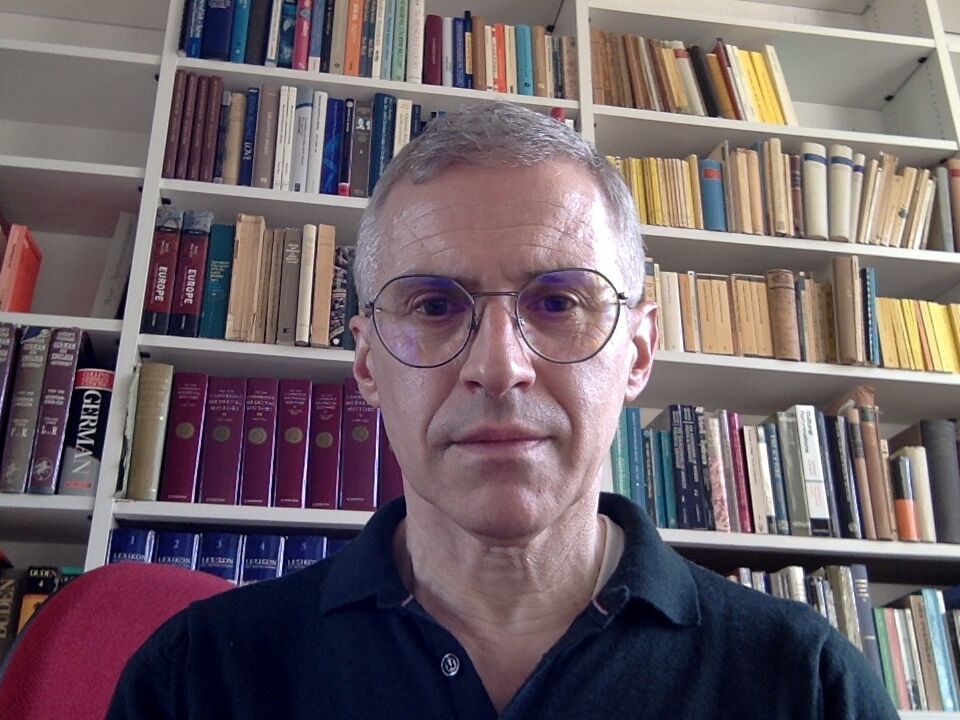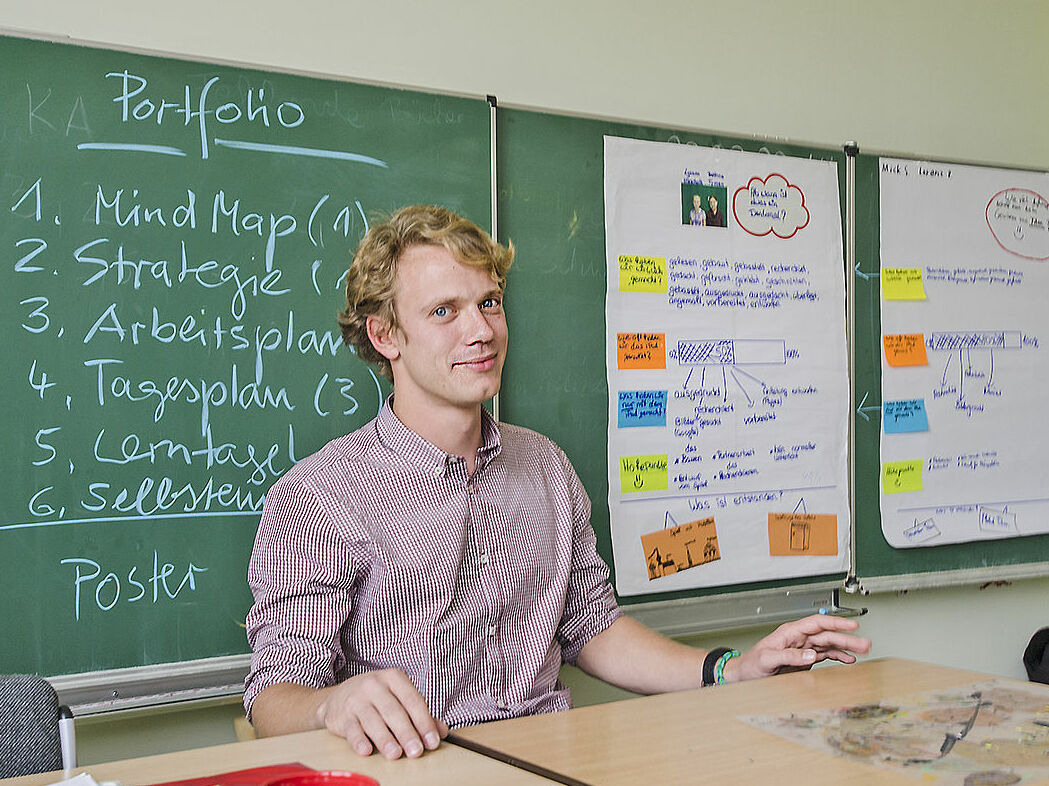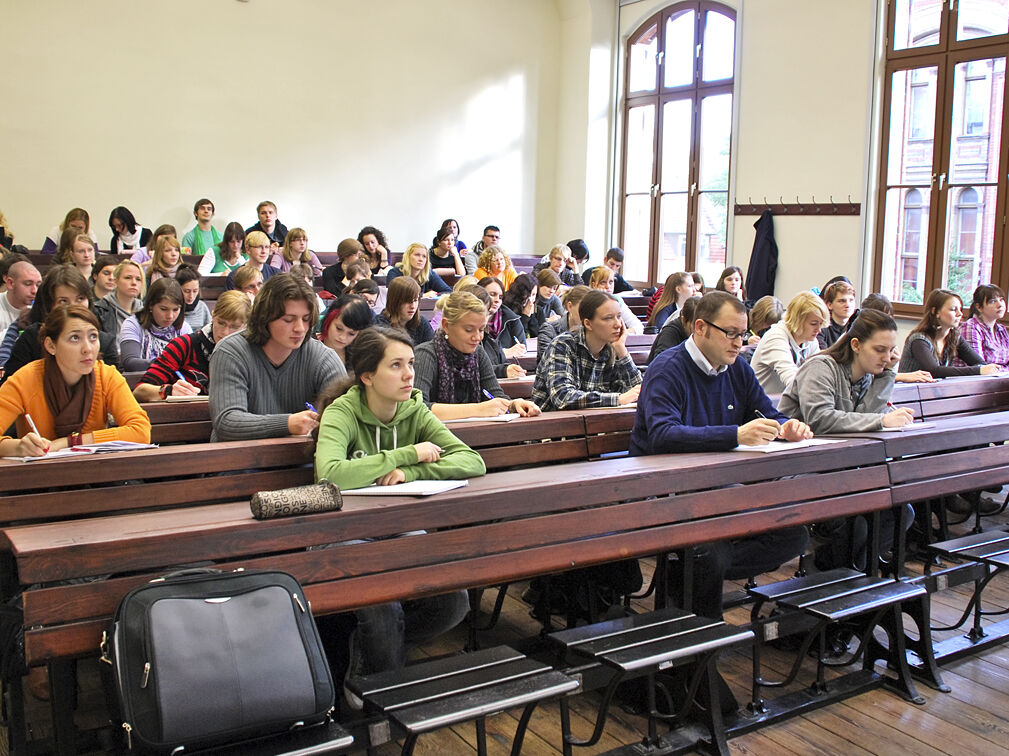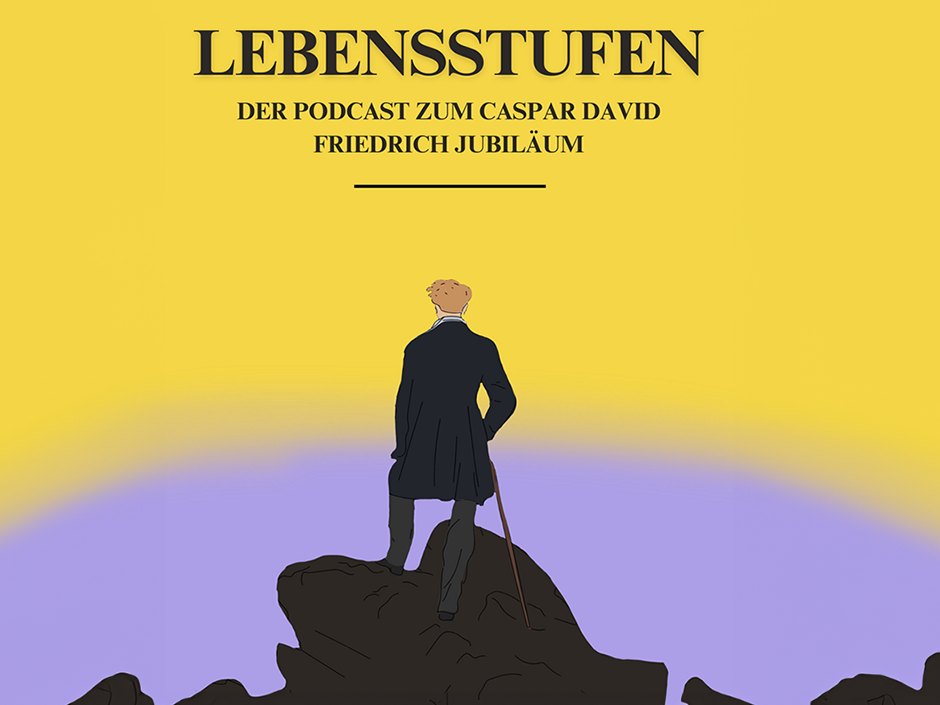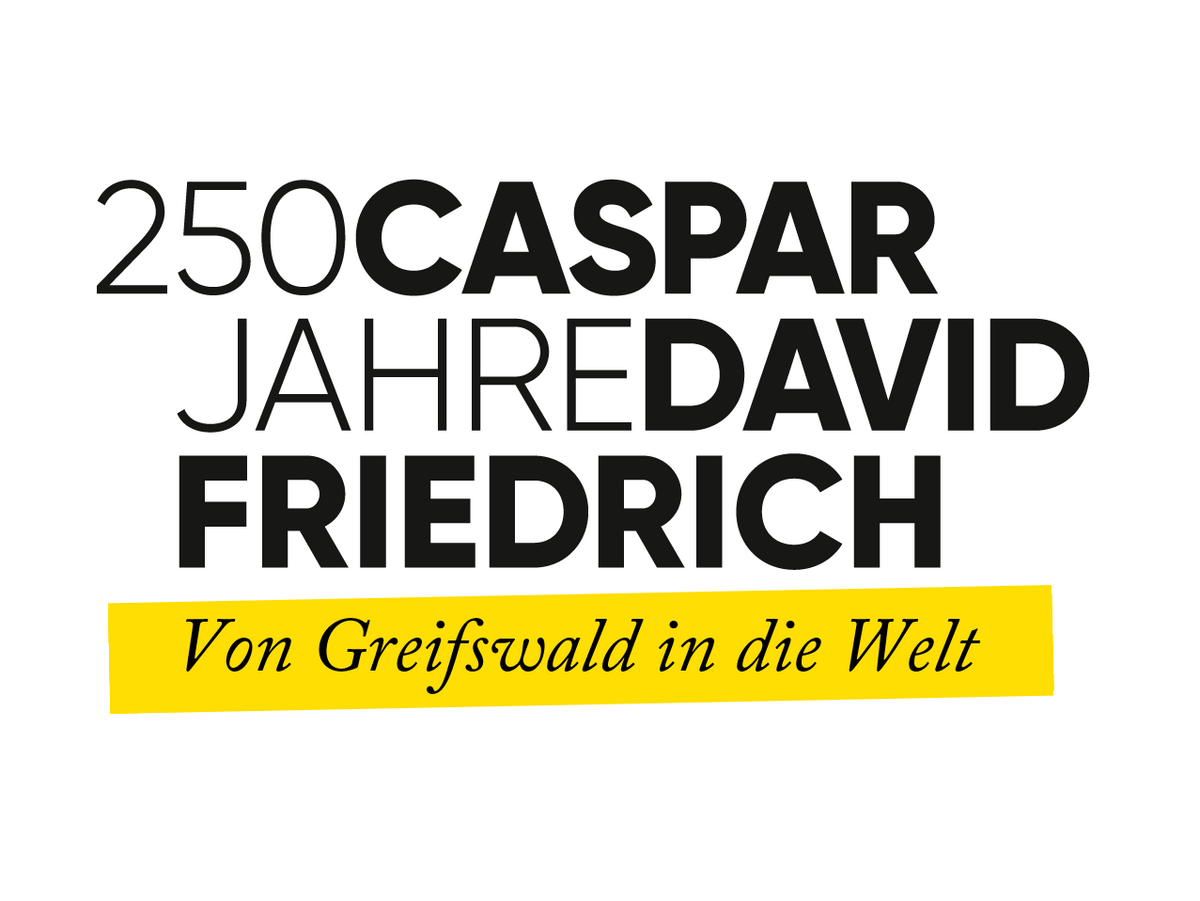How did new literatures begin in the Middle Ages and what does it mean to ask about such beginnings? These questions are pursued in Literary Beginnings in the European Middle Ages, a collective literary history edited by Mark Chinca and Christopher Young and published by Cambridge University Press in June 2022. The contributors span the regions of medieval Europe, from Iceland, Scandinavia, and Iberia through Irish, Welsh, French, Dutch, Occitan, German, Italian, Czech, and Croatian to Medieval Greek and the East Slavonic of early Rus. Focusing on vernacular scripted cultures and their complicated relationships with the established literary cultures of Latin, Greek, and Church Slavonic, the volume’s contributors describe the processes of emergence, consolidation, and institutionalization that make it possible to speak of a literary tradition in any given language. Moreover, by concentrating on beginnings, the volume avoids the pitfalls of viewing earlier phenomena teleologicaly, through the lens of later, national developments. The hoped-for result of this approach is a heightened sense of the historical contingency of the categories of language, literature, and territory in the space we call “Europe.”
The session will take the form of a brief presentation followed by discussion of a reading of the introduction to the volume and the chapter on German.
Mark Chinca studied German, French, and Scandinavian languages at the universities of Cambridge and Kiel and received his PhD in medieval German literature from Cambridge, where he is currently Professor of Medieval and Early Modern German Literature. Between 2012 and 2017 he led the Kaiserchronik project, an international co-operation between the universities of Cambridge and Marburg and Heidelberg University Library which produced a digital edition of the chronicle; his most recent book, Meditating Death in Medieval and Early Modern Devotional Writing: From Bonaventure to Luther (Oxford University Press, 2020), examines the role and function of texts in shaping mental attention to the afterlife, from the middle of the thirteenth century through the Protestant Reformation to the formation of Lutheran confessional culture by the end of the sixteenth century.
Moderation: Professor Dr. Michael Stolz


